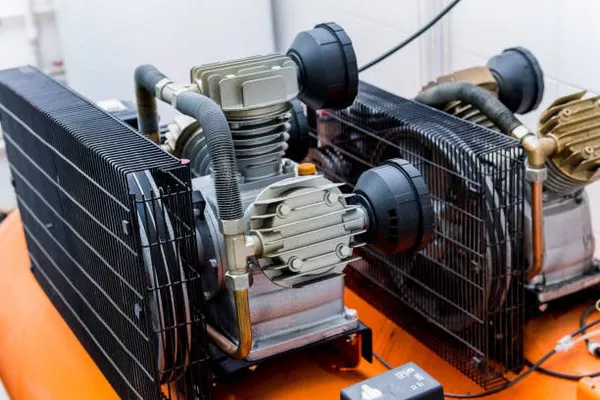In today’s fast-paced world, where a constant and reliable power supply is essential for both residential and commercial activities, investing in a generator has become increasingly common. Generators serve as a dependable backup during power outages, emergencies, and outdoor events. However, with a myriad of options available in the market, choosing the best generator to meet your specific needs can be a daunting task. This article aims to provide a comprehensive guide to help you make an informed decision on the best generator to buy.
Power Requirements:
One of the first considerations when purchasing a generator is determining your power requirements. Generators come in various sizes and power capacities, measured in watts or kilowatts. Assess the appliances and devices you intend to power during an outage or at an event, and add up their wattage to find the total power requirement. Additionally, consider whether you need a portable generator for occasional use or a standby generator for continuous power backup.
Fuel Type:
Generators are powered by different fuels, each with its own set of advantages and drawbacks. Common fuel options include gasoline, propane, diesel, and natural gas. Gasoline generators are widely available, affordable, and suitable for short-term use. Propane generators offer cleaner emissions and are often more fuel-efficient. Diesel generators are known for their durability and fuel efficiency, making them ideal for long-term or standby use. Natural gas generators are convenient if you have a natural gas supply line, providing a continuous and cost-effective power source.
Portability and Mobility:
The level of portability you require in a generator depends on your intended use. Portable generators come with wheels and handles, making them easy to move around for camping, outdoor events, or construction sites. In contrast, standby generators are stationary and installed permanently, typically providing seamless automatic backup power during outages. Consider the convenience of mobility based on your specific needs and usage patterns.
Noise Level:
The noise level of a generator is an important factor, especially for residential use or when camping in quiet environments. Generators are rated in decibels (dB), and quieter models are generally preferred. Inverter generators are known for their quiet operation, making them suitable for camping or powering sensitive electronic devices. When selecting a generator, check the manufacturer’s specifications for the noise level at different loads to ensure it aligns with your preferences and local noise regulations.
Run Time and Fuel Efficiency:
The run time of a generator on a single tank of fuel is crucial, especially during extended power outages. Consider the fuel efficiency of the generator, which is often expressed in hours per gallon. Some generators feature an eco-mode that adjusts the engine speed based on the load, improving fuel efficiency and reducing noise. Longer run times and increased fuel efficiency are advantageous, particularly in scenarios where refueling may be challenging.
Voltage Regulation and Clean Power Output:
Generators should provide a stable and regulated voltage to ensure the safe operation of electronic devices. Inverter generators are known for their ability to produce clean and stable power, making them suitable for sensitive electronics such as laptops, smartphones, and medical equipment. If you have electronic devices that require a constant and clean power supply, consider a generator with inverter technology.
Start Mechanism:
Generators come with various start mechanisms, including manual recoil start, electric start, and remote start. Manual recoil start generators require pulling a cord to start the engine, while electric start generators feature a push-button start, making them more user-friendly. Some higher-end models even offer remote start capabilities, allowing you to start the generator from a distance. Choose a start mechanism that aligns with your preferences and ease of use.
Brand Reputation and Warranty:
When investing in a generator, it’s crucial to consider the reputation of the manufacturer. Established brands with a history of producing reliable and durable generators are often a safer choice. Additionally, check the warranty offered by the manufacturer, as it reflects their confidence in the product’s quality. A longer warranty period provides added assurance and protection against potential issues.
See Also What Can a 7500-Watt Generator Run?
Conclusion:
Selecting the best generator involves a careful consideration of your specific needs, power requirements, and intended use. By assessing factors such as power capacity, fuel type, portability, noise level, run time, voltage regulation, start mechanism, and brand reputation, you can make an informed decision that aligns with your preferences and ensures a reliable power supply when you need it most. Whether you’re looking for a portable generator for outdoor activities or a standby generator for continuous home backup, a thorough evaluation of these factors will guide you towards the generator that best meets your requirements.

